In recent years, concerns over the safety of plastic kitchen utensils have sparked debates and discussions among health-conscious consumers. While plastic utensils offer convenience and affordability, the potential toxicity associated with certain types of plastics has raised eyebrows. One particular concern is the use of black plastic cooking utensils in the kitchen. In this article, we will explore the potential hazards associated with this type of plastic and discuss the safer alternatives available. Understanding Black Plastic Black plastic utensils are commonly found in many kitchens, renowned for their sleek appearance and modern design. However, this aesthetic charm can overshadow potential risks.
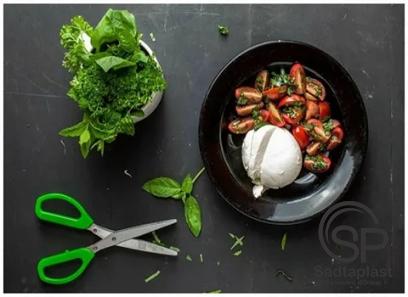
.
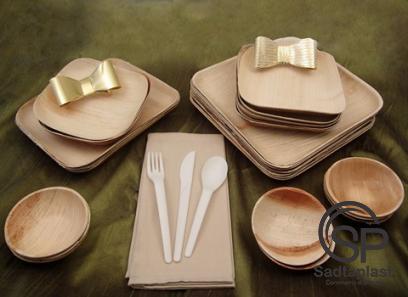 Black plastic utensils are usually made of polycarbonate or melamine, both of which contain chemical additives that give them their color and strength. The Problem with Chemical Additives Polycarbonate utensils are often reinforced with bisphenol-A (BPA), a controversial chemical compound that has been linked to various health issues. Several studies have raised concerns about the potential endocrine-disrupting effects of exposure to BPA, leading to conditions such as hormonal imbalance and reproductive disorders. Although the use of BPA in baby bottles and food containers for children has been restricted, its presence in black plastic utensils raises eyebrows. Melamine utensils, on the other hand, contain melamine formaldehyde resin, a type of plastic that is highly durable and heat-resistant.
Black plastic utensils are usually made of polycarbonate or melamine, both of which contain chemical additives that give them their color and strength. The Problem with Chemical Additives Polycarbonate utensils are often reinforced with bisphenol-A (BPA), a controversial chemical compound that has been linked to various health issues. Several studies have raised concerns about the potential endocrine-disrupting effects of exposure to BPA, leading to conditions such as hormonal imbalance and reproductive disorders. Although the use of BPA in baby bottles and food containers for children has been restricted, its presence in black plastic utensils raises eyebrows. Melamine utensils, on the other hand, contain melamine formaldehyde resin, a type of plastic that is highly durable and heat-resistant.
..
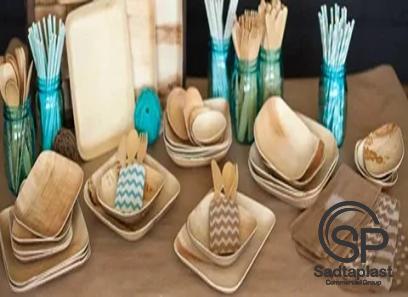 However, reports suggest that when subjected to high temperatures, melamine can leach into food, posing health risks if consumed regularly. Ingesting melamine has been associated with kidney problems, urinary tract disorders, and even bladder stones. Heat Exposure: A Key Factor It is crucial to understand that the potential toxicity of black plastic utensils is primarily related to exposure to high temperatures. When exposed to heat, these utensils can release harmful chemicals or substances into the food being prepared or served. Therefore, the use of black plastic cooking utensils for tasks such as stirring hot soups, sautéing, or grilling must be approached with caution. Safer Alternatives Fortunately, there are several safer alternatives to black plastic cooking utensils available on the market. Investing in utensils made from stainless steel, bamboo, silicone, or natural wood can provide peace of mind for health-conscious individuals.
However, reports suggest that when subjected to high temperatures, melamine can leach into food, posing health risks if consumed regularly. Ingesting melamine has been associated with kidney problems, urinary tract disorders, and even bladder stones. Heat Exposure: A Key Factor It is crucial to understand that the potential toxicity of black plastic utensils is primarily related to exposure to high temperatures. When exposed to heat, these utensils can release harmful chemicals or substances into the food being prepared or served. Therefore, the use of black plastic cooking utensils for tasks such as stirring hot soups, sautéing, or grilling must be approached with caution. Safer Alternatives Fortunately, there are several safer alternatives to black plastic cooking utensils available on the market. Investing in utensils made from stainless steel, bamboo, silicone, or natural wood can provide peace of mind for health-conscious individuals.
…
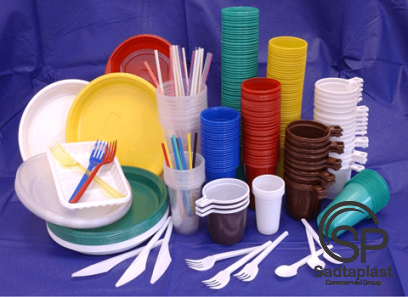 These materials are free from toxic additives, durable, and offer ease of use. Stainless steel utensils are highly durable, resistant to heat, and non-reactive, making them a reliable choice for cooking and serving. Bamboo utensils are eco-friendly, lightweight, and naturally antimicrobial. Silicone utensils are safe, flexible, and heat-resistant, making them an ideal choice for non-stick cookware. Natural wooden utensils are lightweight, sustainable, and do not impart any unwanted flavors to food. Conclusion While black plastic cooking utensils may add a touch of sophistication to our kitchens, it is essential to prioritize our health and safety. The potential risks associated with the chemicals used in black plastic utensils should not be overlooked. By opting for safer alternatives, such as stainless steel, bamboo, silicone, or natural wood, we can ensure peace of mind while preparing our meals. It is crucial to make informed choices and prioritize our well-being as we navigate the complexities of modern-day living.
These materials are free from toxic additives, durable, and offer ease of use. Stainless steel utensils are highly durable, resistant to heat, and non-reactive, making them a reliable choice for cooking and serving. Bamboo utensils are eco-friendly, lightweight, and naturally antimicrobial. Silicone utensils are safe, flexible, and heat-resistant, making them an ideal choice for non-stick cookware. Natural wooden utensils are lightweight, sustainable, and do not impart any unwanted flavors to food. Conclusion While black plastic cooking utensils may add a touch of sophistication to our kitchens, it is essential to prioritize our health and safety. The potential risks associated with the chemicals used in black plastic utensils should not be overlooked. By opting for safer alternatives, such as stainless steel, bamboo, silicone, or natural wood, we can ensure peace of mind while preparing our meals. It is crucial to make informed choices and prioritize our well-being as we navigate the complexities of modern-day living.

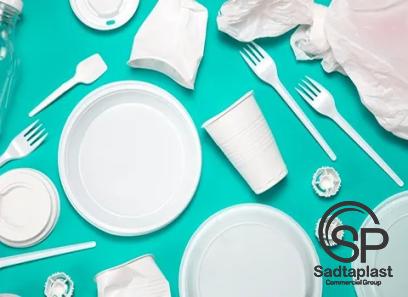
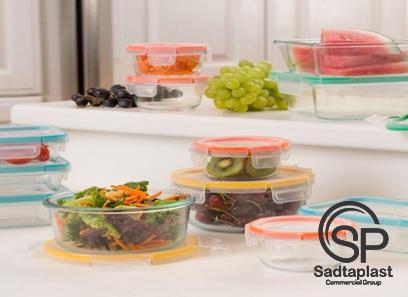
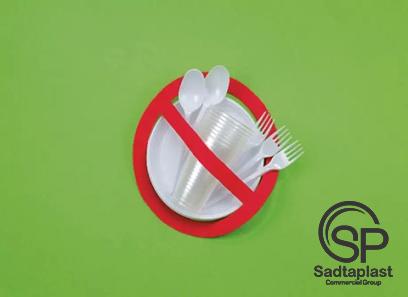
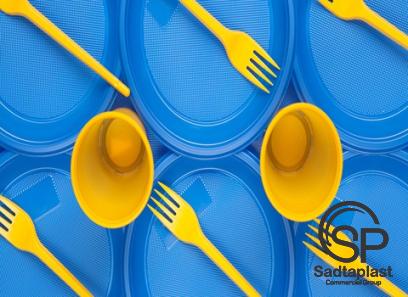
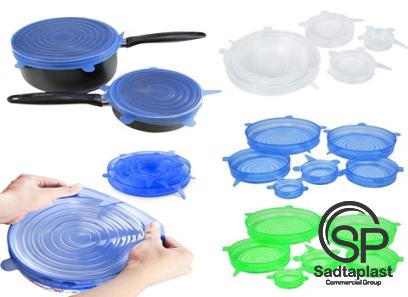
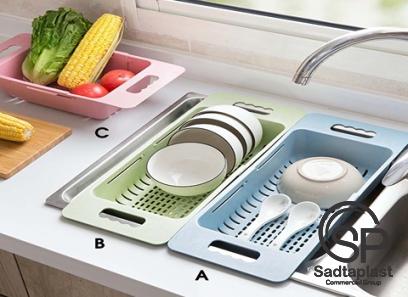

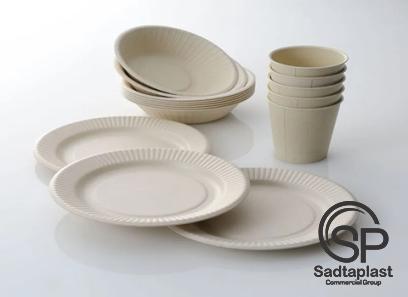
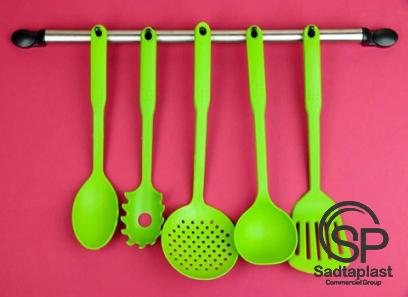
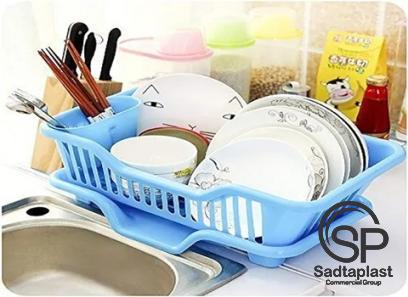
Your comment submitted.